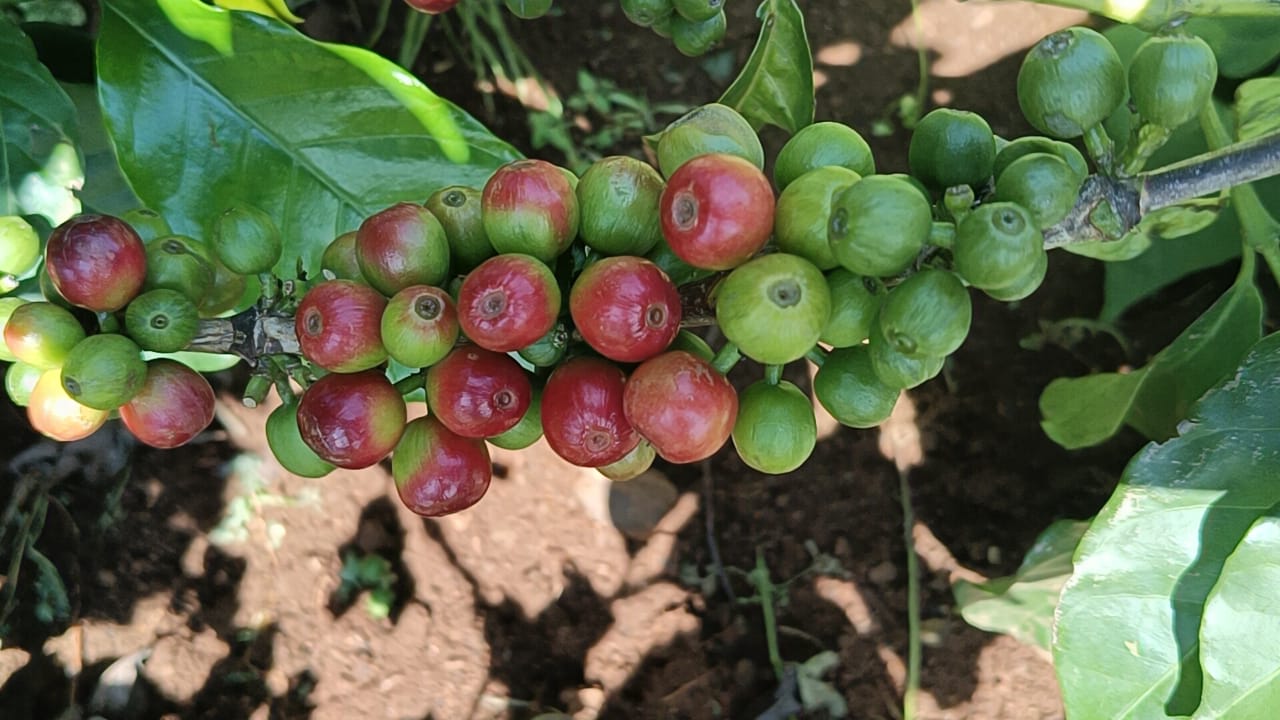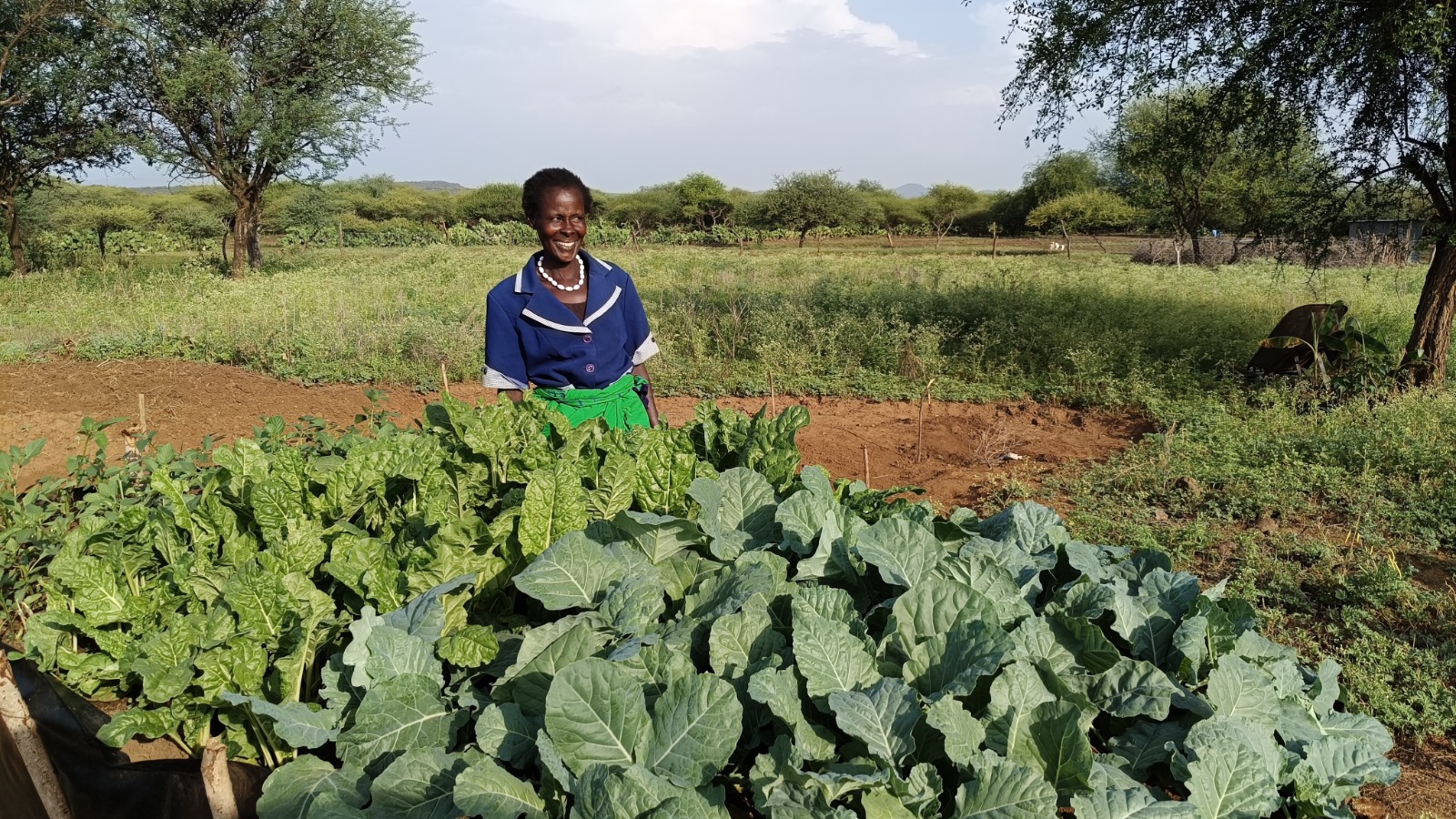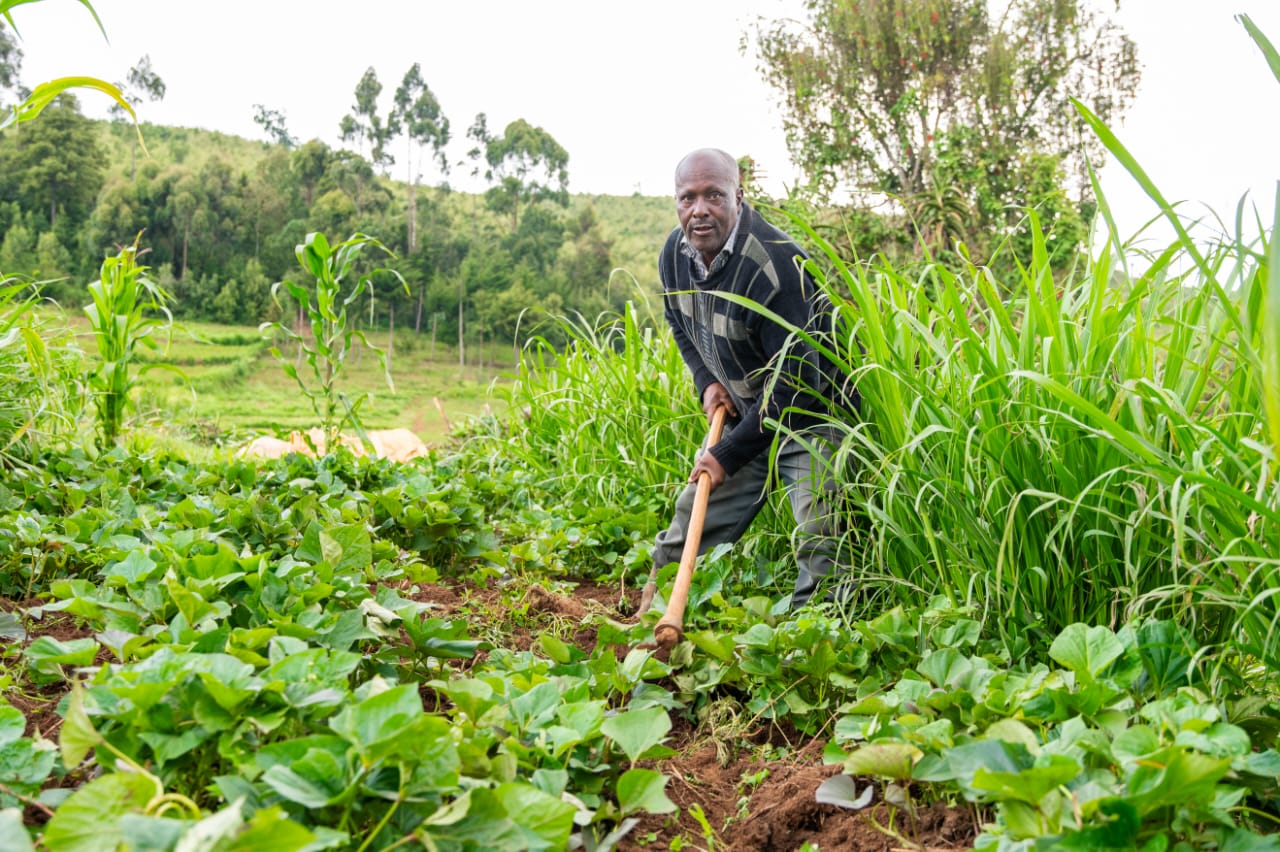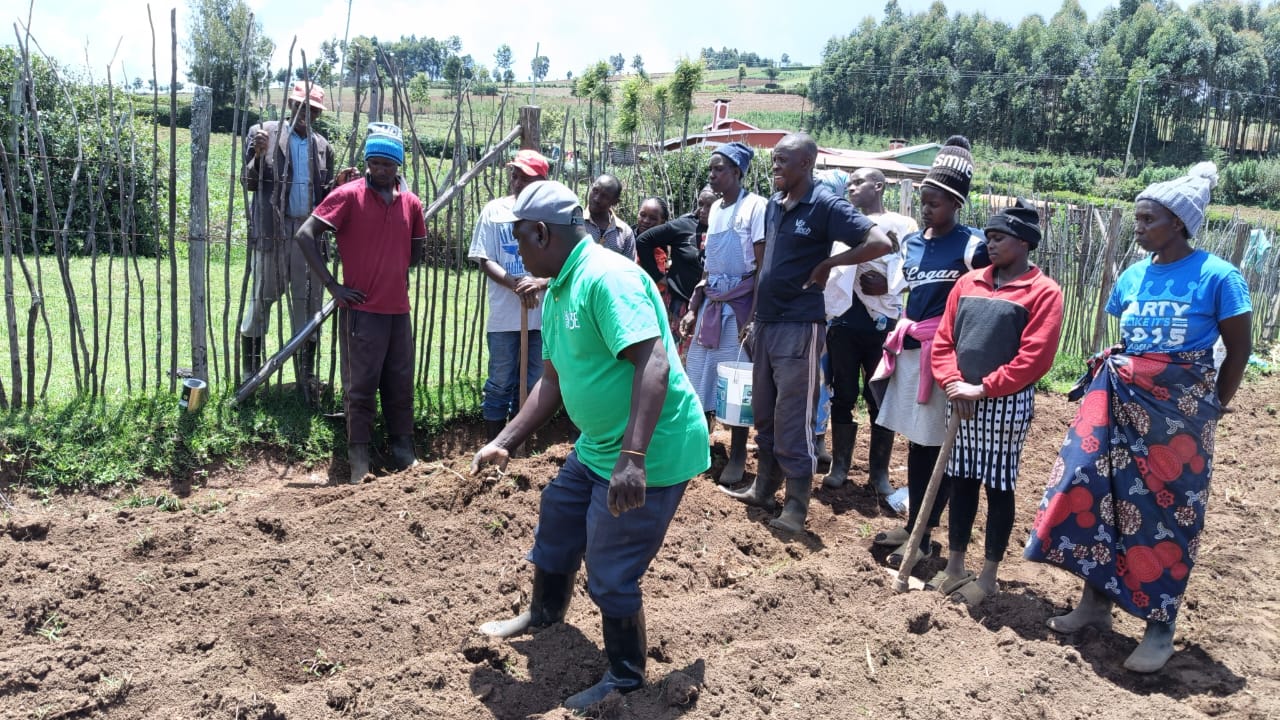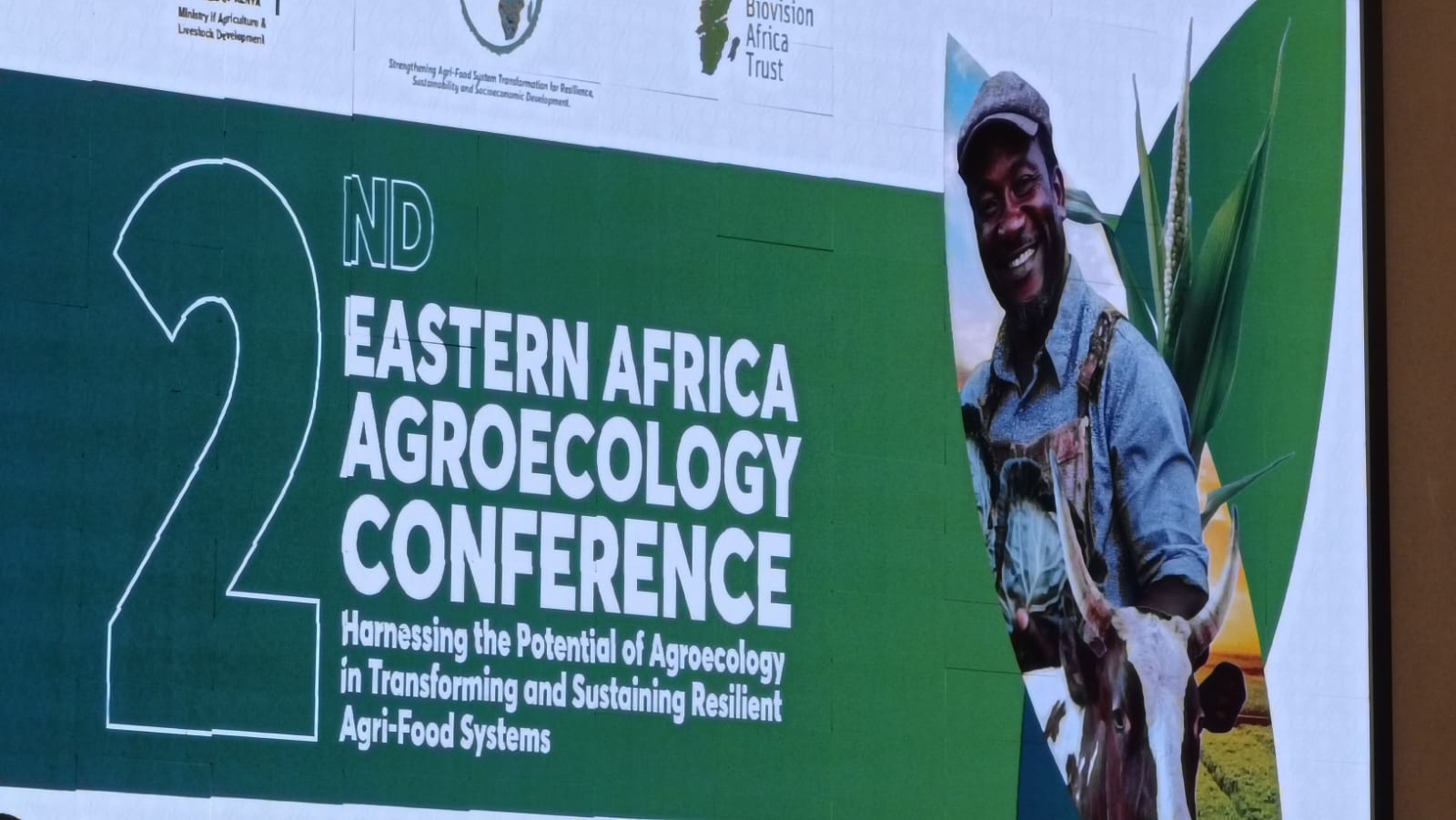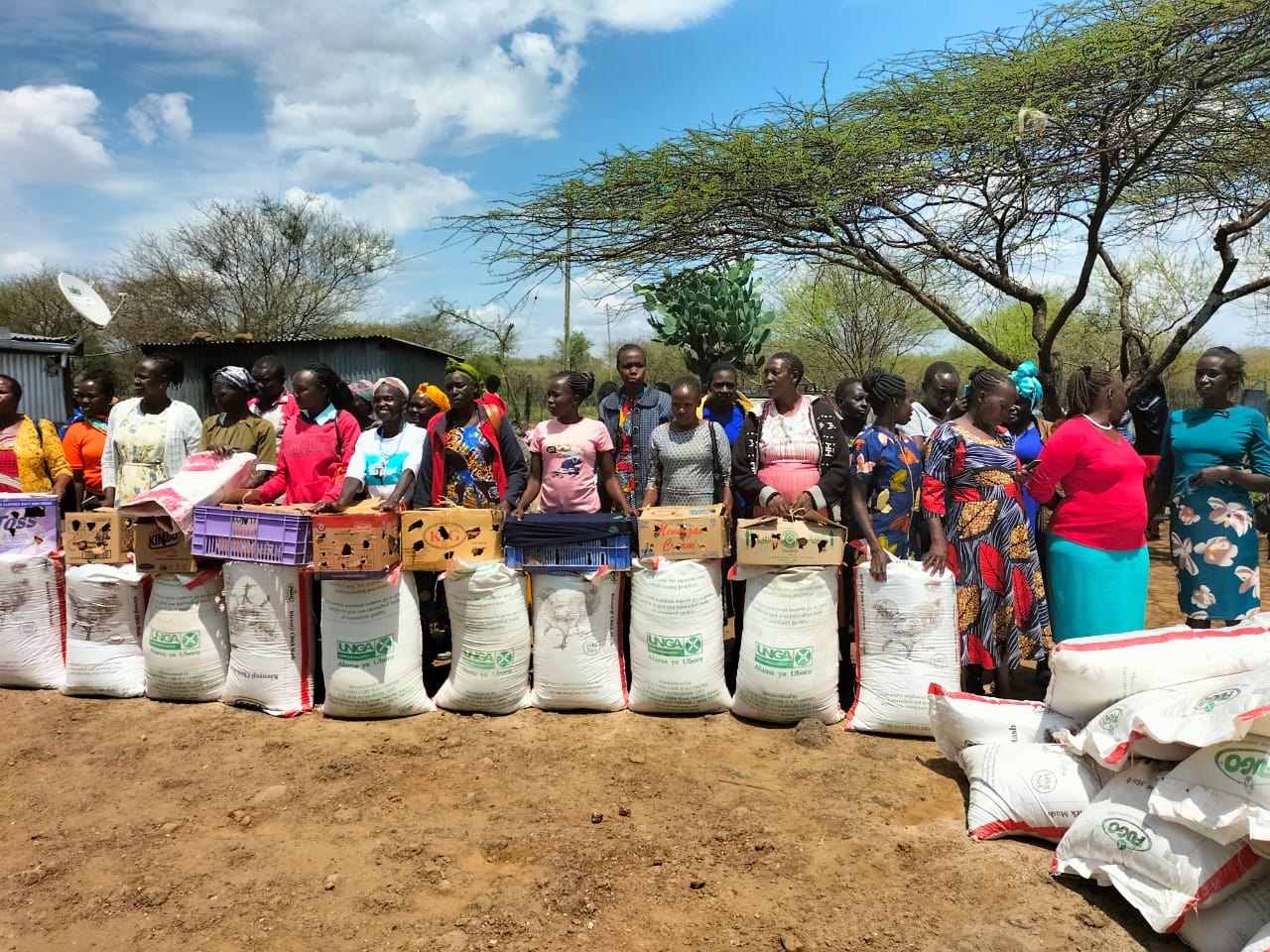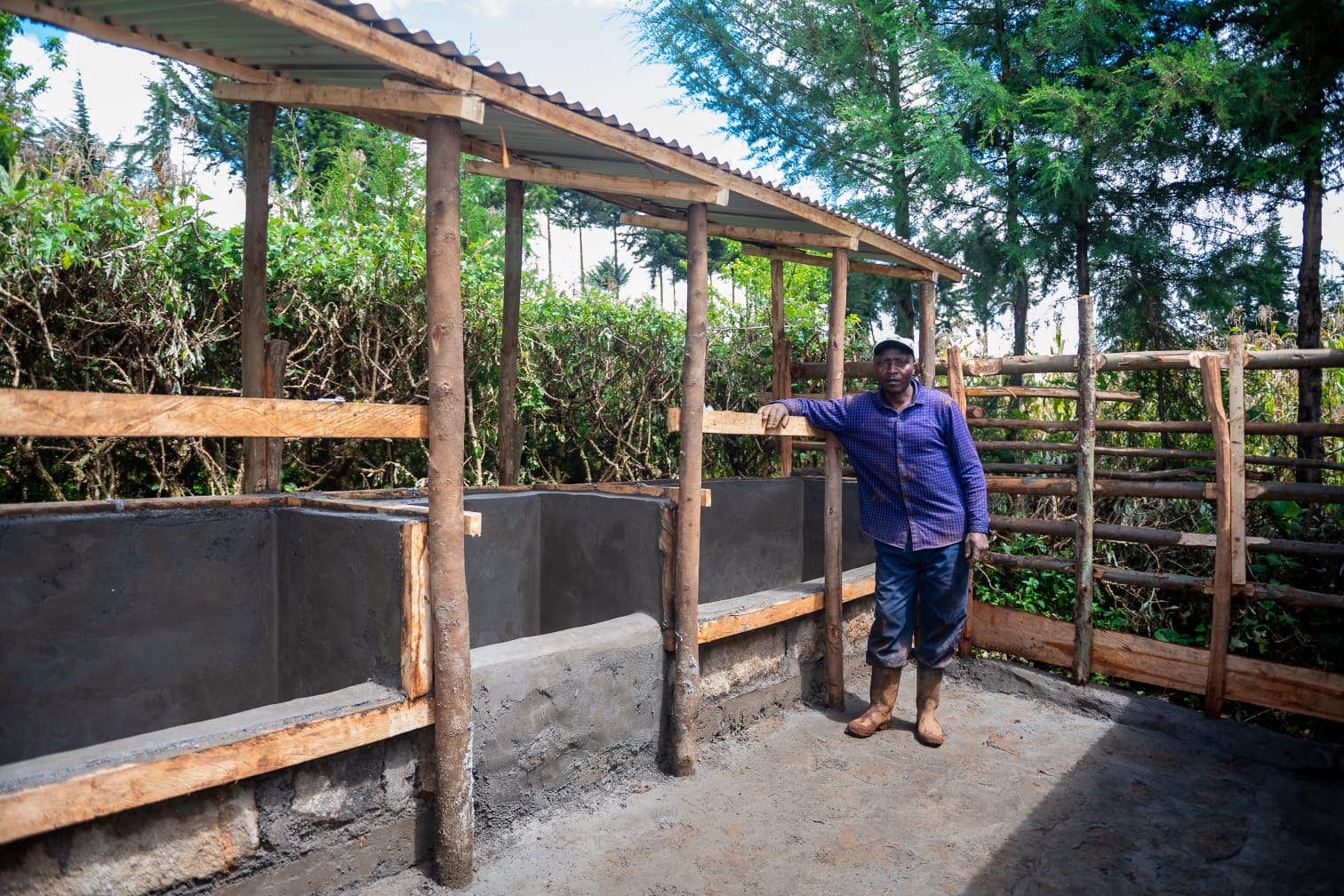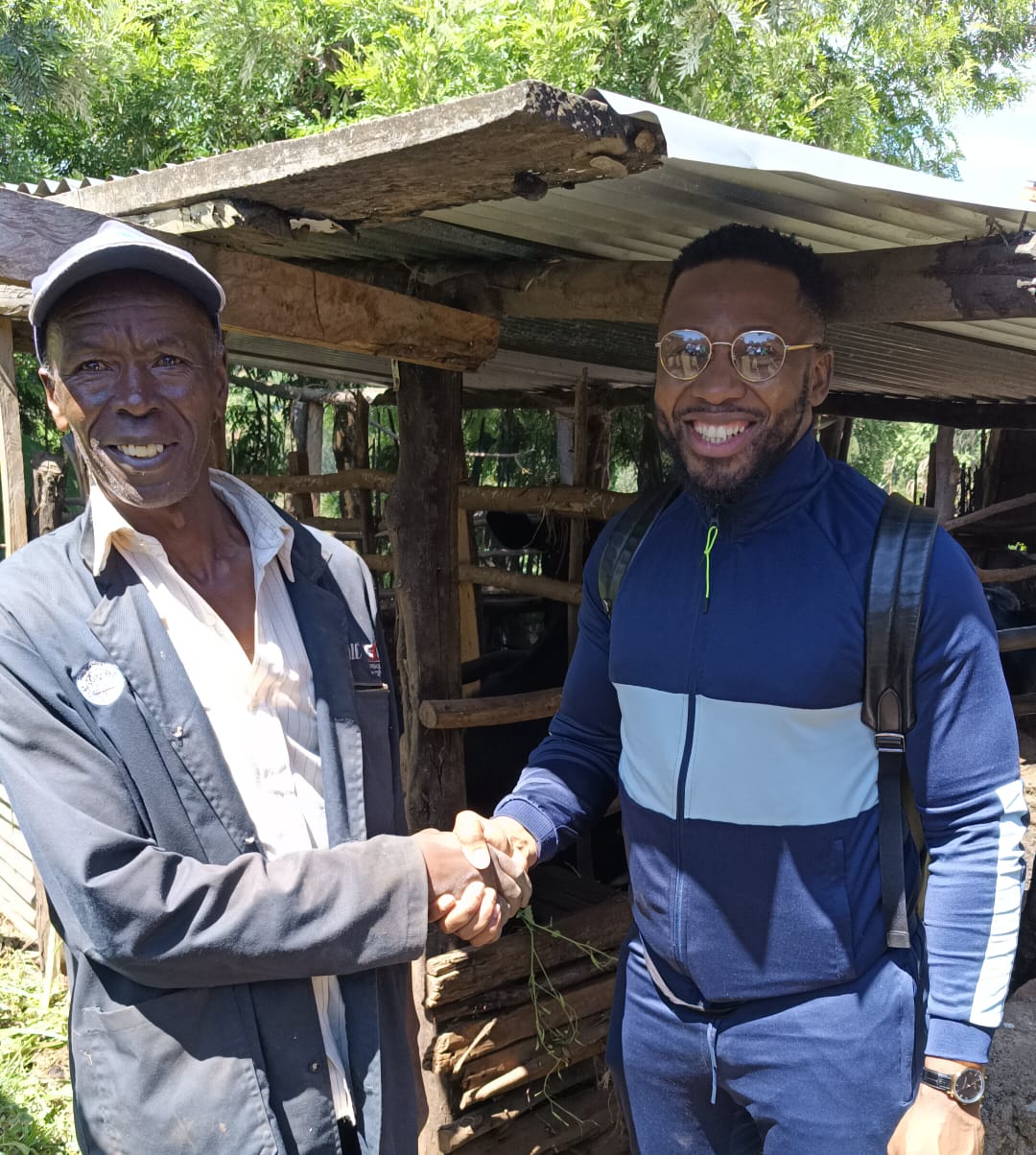Dairy farming has been a pillar of economic activity in our Molo since colonial times, a tradition passed down through generations. However, over time, a single, persistent challenge, feeding the cows has drawn many farmers away from this valuable activity
Content related to the following topics
Partnerships: A key aspect to lasting sustainable impact of 3E organization’s programs.
In the world of development work, it’s a common to see non-governmental organizations (NGOs) implementing projects. They build schools, dig boreholes, and run sustainable Agriculture training programs. But what happens when the funding ends and the NGO moves on? Too often, the projects end with them. This is the challenge that 3E organization addresses by forging powerful partnerships with government and County institutions, ensuring their work isn’t just a temporary fix but a permanent fixture in the communities they serve.
The youth: Catalyst to sustainable rural development.
In rural Kenya, a quiet revolution is taking place, led by the very people often left behind, the youth. As the generation with the most to lose from global issues, their long-term vision, energy, and adaptability are proving to be the most powerful catalysts for sustainable change. At 3E Africa, we’ve learned firsthand that empowering young people is not just a part of our work, it’s the key to achieving a lasting impact.
3E Africa Joins the Centre for Circular Economy in Coffee: A Leap Towards Sustainable Coffee production.
We’re thrilled to announce a monumental step forward in our mission to champion sustainability in the coffee sector. Here at 3E Africa, we’ve officially joined the Centre for Circular Economy in Coffee. This partnership is not just a milestone, it’s a launchpad for deeper research, innovative solutions, and greater impact right here in Kenya and across the coffee value chain.
Cultivating resilience: Transforming livelihood through community centered approach
In the drought-ridden lands of Marigat sub-county, Baringo South, where rainfall is minimal and agricultural options are limited, access to nutritious food has been a persistent challenge. For generations, communities have largely relied on purchasing foods, especially outside the brief rainy season, leading to low nutrition and significant financial strain.
Empowering Communities, Enhancing Lives, Delivering Impact: Our Journey with Kenya’s Farmers
Kenya’s rural communities are the backbone of its economy, with agriculture driving GDP and employing a large portion of the population. Historically, they have been the primary source of food for urban areas and a key contributor to exports, solidifying the rural sector as Kenya’s agricultural hub.
Restoring Our Earth: Every Action Counts
Our planet has sustained humanity since the beginning, and our ancestors learned to care for it. However, increasing population exerts immense pressure daily. Deforestation for farming and settlement, along with river pollution from sewage and plastic, severely impacts our beautiful planet. We must ask: will our planet withstand this pressure?
Farming for the Future: Overcoming Challenges for Sustainable Livelihoods
Over the past two weeks, our team has spent time with farmers on their land. This close interaction and the subsequent data collection have revealed the significant challenges they currently face. The farmers mainly depend on farming to provide for their families, a crucial question arises, in the era of climate change can agriculture remain a sustainable livelihood for them?
Cultivating Change: Insights from the Agroecology Conference
The recently concluded second Eastern Africa Agroecology Conference was an experience of inspiration, innovation, and collaborative spirit. We at 3E Africa were privileged to be part of this vital gathering, where global experts and practitioners converged to discuss the future of sustainable agriculture.
Women and rural development: A path to sustainable future.
Rural communities, the heart of many nations, are vital sources of food, resources, and cultural heritage. Yet, they often face significant challenges: poverty, limited education access, and inadequate infrastructure. Recognizing this, 3E Organization has discovered that women inclusion is important to bridge these gaps. Empowering women is not just about gender equality, it’s the cornerstone of thriving communities.
Embracing Syntropic Agriculture for Sustainable farming Practices
Recognizing the critical need for sustainable agricultural solutions, 3E Africa recently invested in comprehensive training for its staff on the principles and practices of syntropic agriculture. This regenerative approach, which mimics natural forest ecosystems, is seen as a vital component in achieving our organization’s goals for long-term agricultural sustainability
Improving Dairy Production in Molo: A focus on housing structures.
Dairy farming in the highland region of Molo Subcounty, Kenya, hold great potential for growth. However, farmers face significant challenges, including inadequate knowledge, poor housing, and poor feeding practices, all of which hinder their ability to achieve high milk yields.
Molo Farmers Benefit from Expert Knowledge on Boosting Milk Production.
Despite its high potential for dairy farming, Molo, like many highland areas in Kenya, has been hindered by a lack of technical knowledge among farmers. This has often resulted in low milk production, limiting the income potential for many households. To address this challenge, the 3E organization has been working to equip farmers with the necessary knowledge and skills to effectively manage their dairy cows.
Fodder Trees: A Nourishing Solution for Dairy Cows and the Environment
Fodder trees offer a multitude of benefits for dairy farmers, including improved nutrition, increased milk production, cost-effectiveness and environmental sustainability. The Milk Bora project demonstrates the positive impact that fodder trees can have on small-scale dairy farming operations.
Minting Money from Pawpaw and Vegetable Farming in Arid Areas: The Story of Sarah Ruto.
Sarah Ruto, a 48-year-old resident of Kaptich village in Marigat subcounty, Kenya, was familiar with the challenges of farming in an arid and semi-arid area (ASAL). For years, she relied on maize farming primarily for commercial purposes, generating income only once a year, which mainly went towards her children’s school fees.
Empowering Marigat women through sustainable poultry farming.
In Marigat, a Kenyan area known for its arid and semi-arid climate, malnutrition a is prevalent. Unpredictable rainfall patterns make achieving food security a constant struggle. The dry seasons render large parts of the year unproductive.
Coffee, Macadamia and Conservation: How 3E Africa’s Intercropping Model Benefits Farmers and the environment.
As environmental conservation takes center stage, 3E Africa is pioneering innovative solutions that prioritize both the environment and economic prosperity. Their holistic approach in Subukia, perfectly demonstrates this, creating a win-win situation for farmers and the land they cultivate
Restoring Our Land: A Collective Responsibility for a Sustainable Future.
Climate change has put environmental conservation into the spotlight. Human activities and pollution have degraded our lands, harming the environment. Restoring these lands requires a collective effort to ensure a better future for generations to come.
Transforming Coffee farming in Kabazi: Introducing Ruiru grafted Coffee
For generations, Kabazi farmers have nurtured coffee trees, their livelihoods have been sustained by coffee for over 50 years. However, time has brought challenges. Traditional SL 28 and Batian varieties have yielded diminishing returns, averaging at 3kg per tree.
Molo’s Dairy Solution:Empowering Farmers Through Fodder Diversification and Manure Management.
In Molo subcounty, Kenya, where agriculture is the main source of income for many households, farmers face challenges from chemical-intensive practices that degrade soil health and traditional cow feeding methods that limit milk production and income.
Cultivating Change through Sustainable coffee farming in Subukia.
Coffee farming has long been a cornerstone of Kenya’s economy, especially in the country’s highlands. Introduced by white settlers, coffee cultivation took root, and after their departure, local Kenyans took over the farms.
Floods Havoc-How to prevent such occurrence in Future
The recent downpour, initially a welcome sight for parched farmland, has transformed into a nightmare for over 27 Kenyan counties. The longed-for rain has become relentless, causing devastating floods that bring a multitude of hardships
Uplifting Dairy: Transforming Milk Handling and Transportation in Kenya
In Kenya, 3Es’ initiative is transforming milk handling, focusing on safety and quality. Transitioning from plastic containers, training sessions, and equipment distribution mark key steps supported by figures like Mrs. Beth Wangari Mbuthia. Farmers’ positive response highlights dedication to improvement, promising a brighter future for the dairy industry through collaboration and innovation.
Milking in Happiness for Molo subcounty farmers
In Molo subcounty, dairy farming is on the rise, but challenges like feeding practices hinder productivity. 3Es organization steps in, offering training on fodder diversification and good agricultural practices. This leads to increased milk production and better incomes for farmers, like Mary Wachuka, who now sees dairy farming as a sustainable livelihood.
Making a difference in the informal milk sector-Mau Juhudi Dairy
The Mau Juhudi Self Help Group, with support from 3E, established a milk bar to provide quality milk while ensuring safety standards. This initiative has led to increased sales and added value through cheese and yogurt production. Not only does it benefit small-scale farmers, but it also promotes sustainable business practices within the community.



